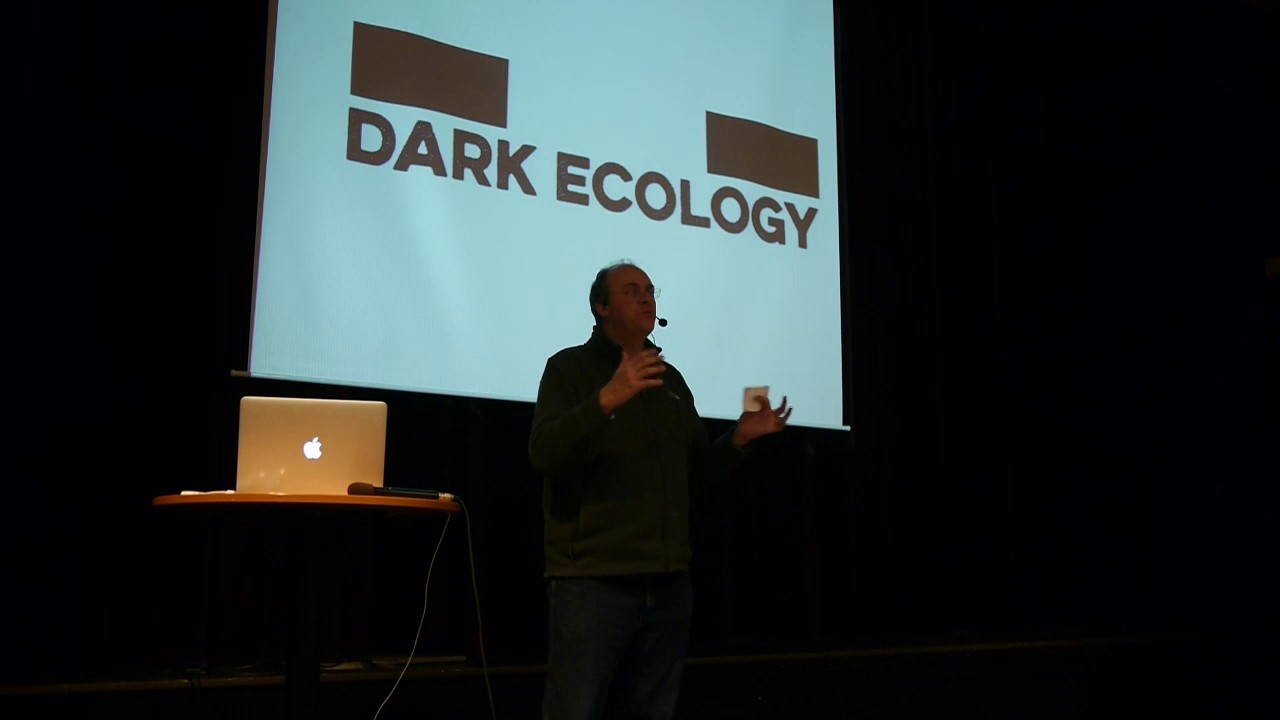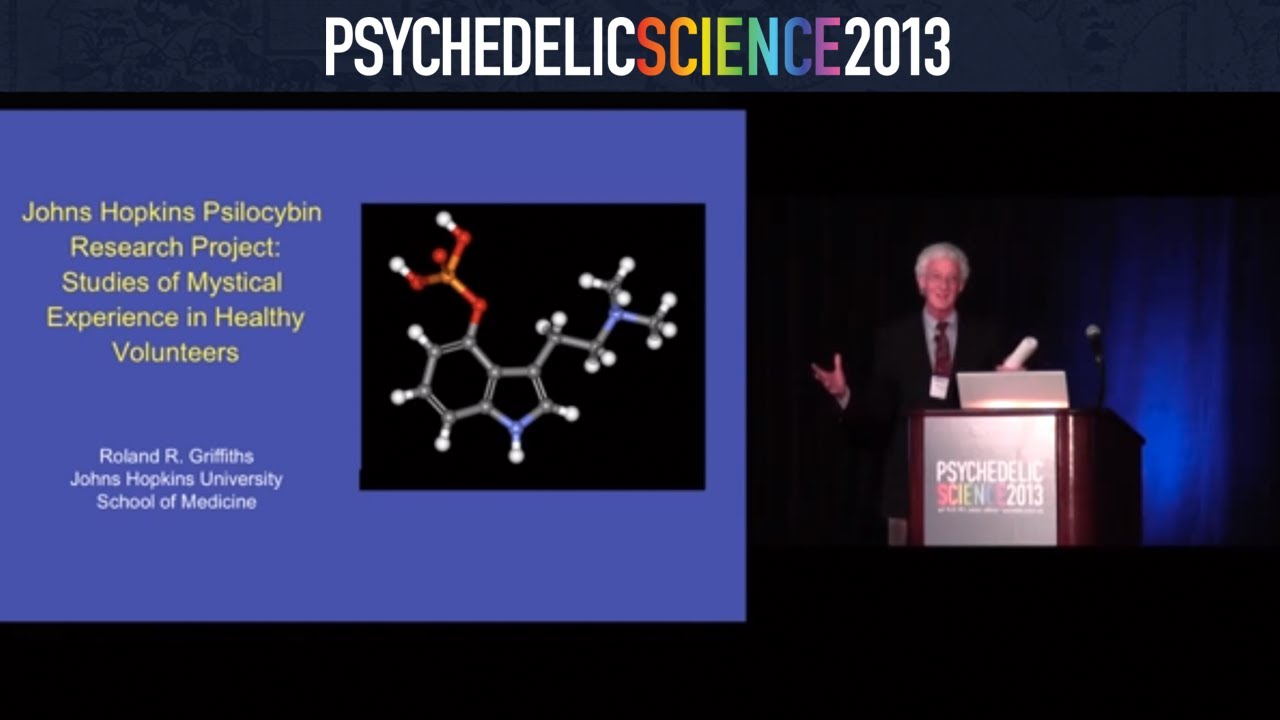Sonic Acts
DARK ECOLOGY
Graham Harman: Morton’s Hyperobjects and the Anthropocene
26 November 2015 – Samfundshuset Kirkenes, Kirkenes, Norway
—
For his lecture Morton’s Hyperobjects and the Anthropocene Graham Harman will consider the similarities and differences of the terms ‘hyperobjects’, coined by Timothy Morton, and ‘anthropocene objects’. The concept of Hyperobjects refers to entities that are so vast in spatial or temporal scale as to exceed the usual dimensions of a human life. By contrast, Harman describes anthroposcene objects as entities that require human beings as one of their components, even if they are not exhausted by human access to them. While hyperobjects push ecology toward the priority of the non-human, the anthropocene might seem to do the opposite. Harman will subsequently continue his lecture by considering the intellectual implications of both terms.
Source
Graham Harman: Morton’s Hyperobjects and the Anthropocene




Correction Harman: The 1959 Nile Waters Agreement was only signed by Egypt and Sudan excluding all other countries giving full control utilization of the water for Egypt. https://www.internationalwaterlaw.org/documents/regionaldocs/UAR_Sudan1959_and_Protocol1960.pdf
Overall good lecture, but some yada yada in the last part
so experiences…are objects, or events ….its all word stew really….I like the fact that we are gaining "ground" on this…ground made entirely of air
Thank you graham harman for being the first person in this entire philosophical milieu to ever bring some fucking solid context to the table
literally every talk harman does is the exact same historical narrative. still interesting though
This was a lot of fun and harman's clearly full of insight, but I also find his anecdotal response to 'life as flows' towards the a bit too masturbatory ("life has really five or six phases…") and very revealing of what kinds of lives harman envisions when thinking change and thinking politics.
Thanks! I was trying to understand OOO, and this video was a great in! Sadly was hoping to learn abit more about Morton's ideas of Dark Ecology and Hyperobjects, but Harman seemed a lot more occupied with charting the work leading up to Morton. Still a great video tho 🙂
"Hyperobjects", by Timothy Morton is one of my two favorite books. The other; "The Meaning of Human Existence", by Edward O. Wilson. Both profound and deep in meaning.
No es tan buena la charla recién menciona los hiperobjetos al minuto 41:53
The only dark thing here is the video.
this guy reminds me of brent from the show corner gas.
I gave a quick explanation of what a hyperobject is for folks who don't understand the concept: https://www.youtube.com/watch?v=wd5LXpHMxWk&t=2s
Dennett denies that qualia exist by pointing to the fact that they can't be empirically proven. Which is the whole point! His reasoning is circular. As evinced by his winetasting analogy — he reduces the experience to a chemical formula because he can't abide the individual, not only in terms of mental objects, but physiologically as well. It's common knowledge in modern medical science that each of us has a "custom" body, a fingerprint pattern of reactions to substances, stimuli. One would have to be pretty dogmatic to assume that his palate when exposed to a particular Bordeaux at a particular time would respond in the same manner as mine. It reminds of the old joke, operation successful, patient dead. We need art more than ever as an antidote to this sort of simplistic, mechanical thinking.
I enjoy these topics, but I am left to think that these are philosophers … yes, true, yes … packaging their ideas with a superficial new layer (i.e., climate change). This might be due to the fact that we have had relative stability in the climate for the last 5,000 years. "I incinerate before the sun, therefore, I am" … not quite timely at the moment.
Great talk!
Very useful in parts, why Latour has no politics (until he inserts himself into Climate Science in 2003, writes that all he had written about ANT and Science was wrong).
Yet it is not quite right that ANT makes all relations equal or that it is all flow, or else sociological or ethnographic studies could never be written.